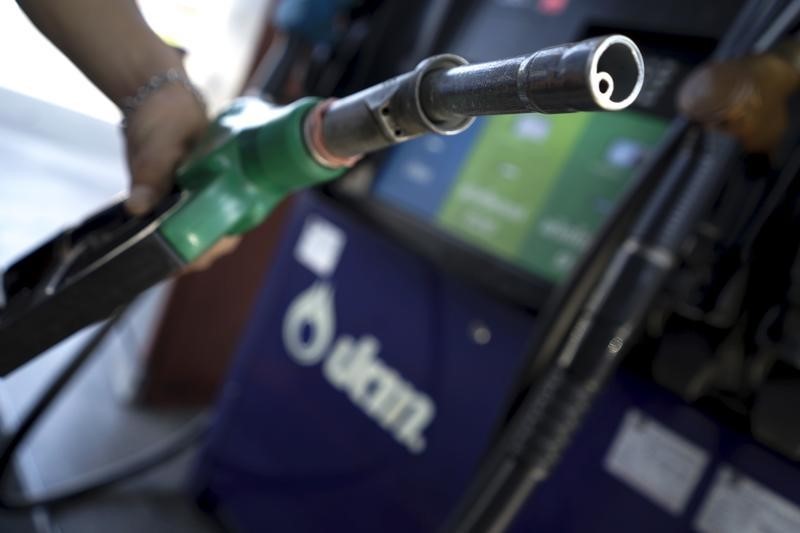Today, Hungarian Foreign Minister Péter Szijjártó urged the European Union (EU) to adopt a realistic approach to the ongoing energy crisis at the 6th Romanian International Gas Conference. He emphasized that energy supply is a physical reality, not a political or ideological issue, and called for an end to the over-politicization and idealization of energy supplies in Europe.
Szijjártó criticized the EU and certain member states for their opposition to expanding Southeastern Europe's natural gas transportation system. He identified Brussels and some member states as barriers due to their limited transport capacity from potential sources like Turkey, Azerbaijan, and Qatar. The Foreign Minister disputed Brussels' stance against pipeline expansion, advocating for each country's autonomy in managing its energy consumption.
He also expressed Hungary's need for energy diversification, citing its reliance on countries selling resources and those involved in transit due to its geographical constraints. Szijjártó views diversification as involving new suppliers rather than replacing a reliable supplier. However, he named Brussels and some EU member states as significant obstacles to this diversification.
The situation has been exacerbated by the European Commission's refusal to fund capacity upgrades in these countries based on a forecasted 15-year phase-out of natural gas. Szijjártó condemned Bulgaria's decision to hike transit fees on Russian gas transported via the TurkStream pipeline, warning of potential threats to Hungary and Serbia's energy security. He insisted on upholding the principle of European solidarity, emphasizing that no EU member state should compromise another's energy security.
Hungary, a landlocked country without significant hydrocarbons, relies heavily on resource and transit countries. Despite linking its energy network with six out of seven neighboring countries and an annual import of 2.6 billion cubic meters of gas from Romania, a stable gas supply remains elusive without Russian sources. Hungary's domestic gas production is 1.5 billion cubic metres per year, necessitating an additional import of 8.5 billion cubic metres to meet its demands.
This article was generated with the support of AI and reviewed by an editor. For more information see our T&C.
